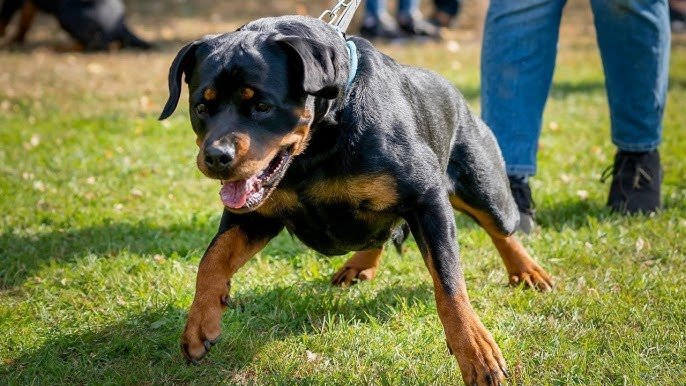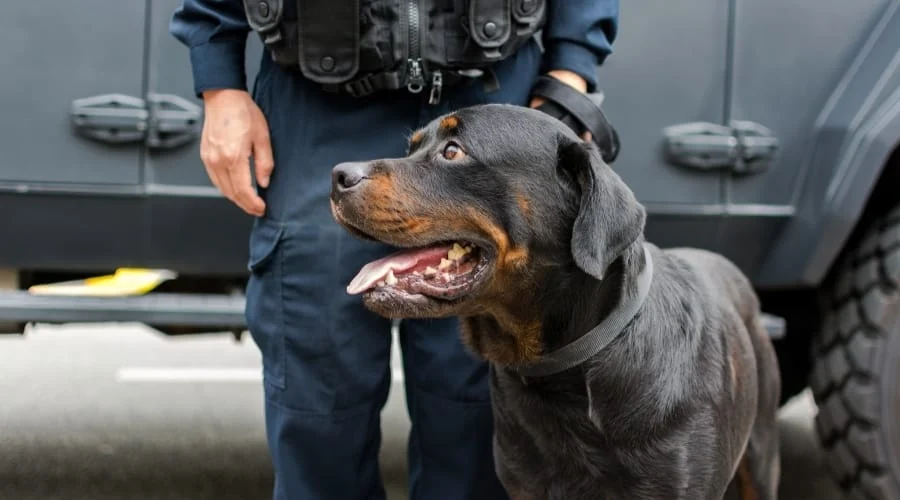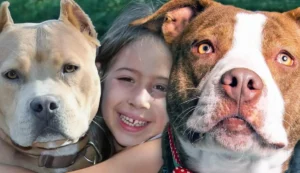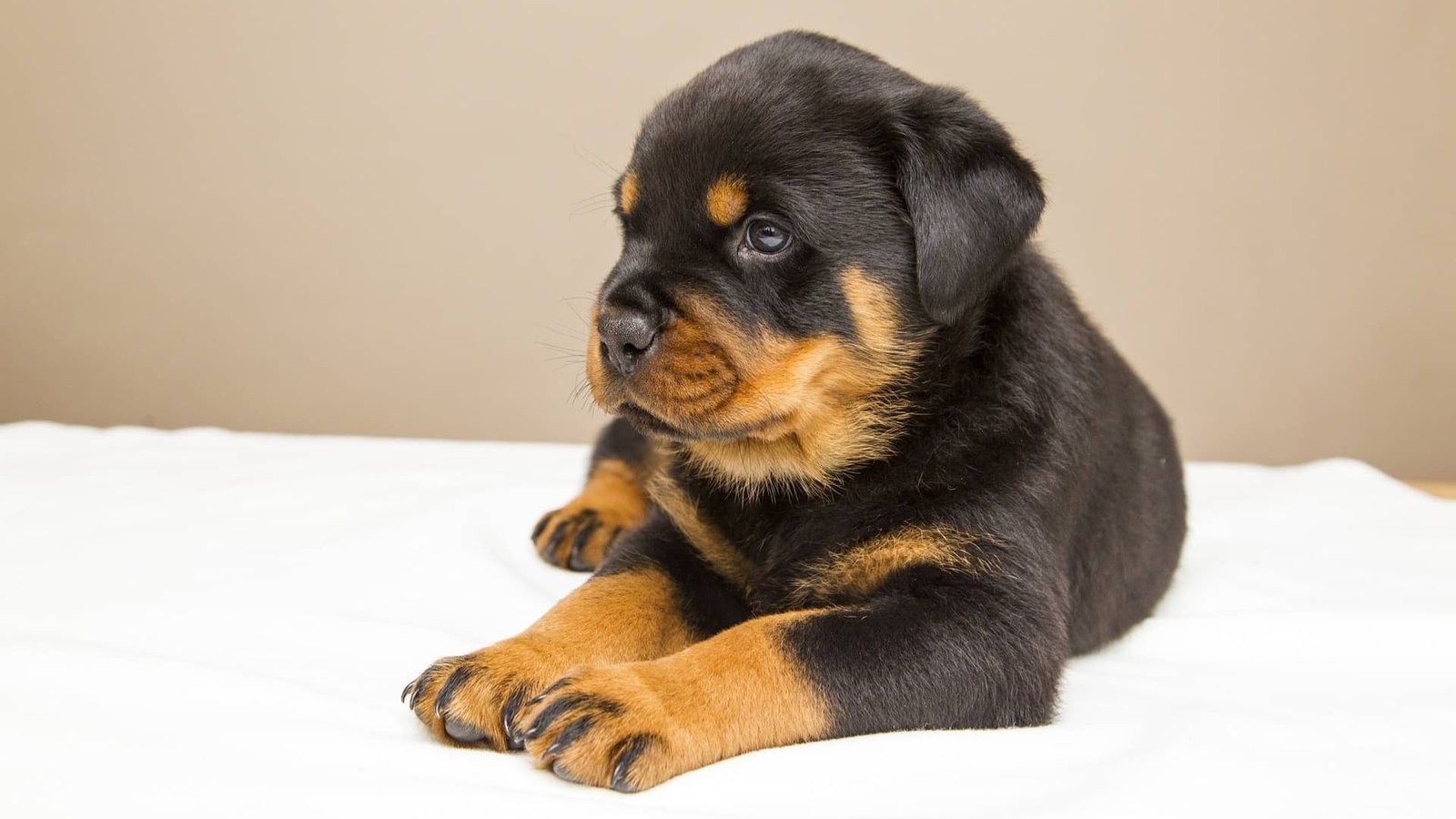
How to Train a Rottweiler Puppy Effectively
Training a Rottweiler puppy is a rewarding and essential process to ensure your dog grows into a well-behaved, confident adult. Known for their intelligence and loyalty, Rottweilers are eager to please, making them relatively easy to train when approached with the right methods. However, Rottweilers also have a strong, independent nature, so proper guidance, consistency, and patience are key. In this guide, we’ll break down the steps for training a Rottweiler puppy effectively—from basic obedience to socialization and positive reinforcement.
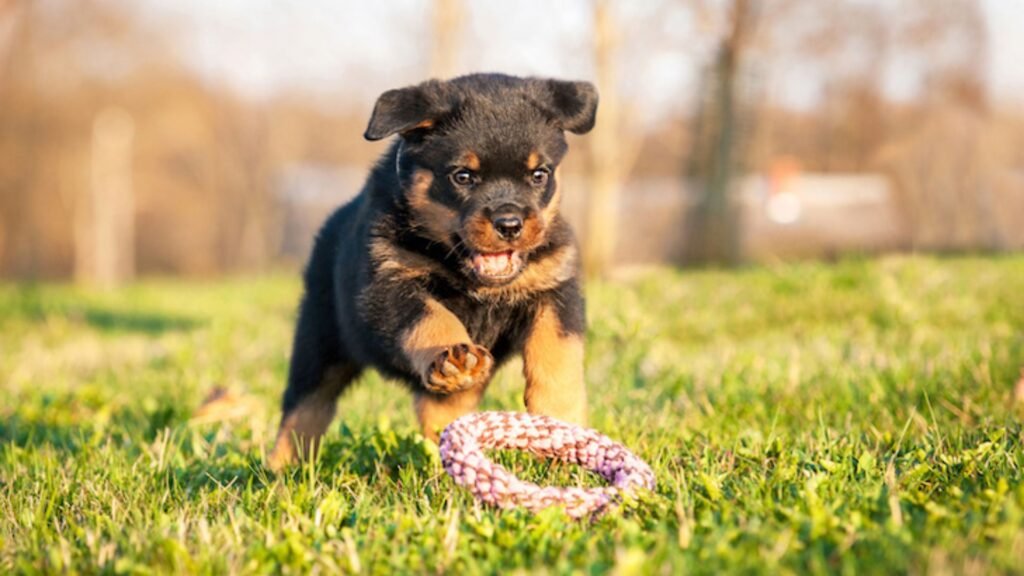
Start Early: The Importance of Puppy Training
The foundation of training your Rottweiler puppy begins the moment you bring them home. Puppies are like sponges, absorbing information quickly, so early training is essential. Ideally, training should start as soon as your puppy is settled in, around 8 to 10 weeks old. Early training helps establish good habits and prevents undesirable behaviors from forming.
Puppy training is not only about teaching commands but also about developing trust and a strong bond between you and your new companion. Begin with simple, positive experiences to make learning fun and rewarding for your puppy.
Socialization: A Key to a Well-Rounded Dog
Socializing your Rottweiler puppy is perhaps one of the most important aspects of training. Early exposure to different people, animals, environments, and sounds helps your puppy become comfortable and confident in a variety of situations. Proper socialization will also reduce the risk of fear-based aggression and help your Rottweiler get along well with other pets and children.
To socialize your puppy:
- Introduce different people: Allow your puppy to meet a variety of people, including children, men, and women of different ages and ethnicities.
- Expose them to other animals: Arrange supervised meetings with other dogs, cats, and pets to teach your Rottweiler to be respectful and calm around them.
- Visit various environments: Take your puppy to different places, such as parks, stores, and outdoor spaces, so they can get used to new sights, sounds, and smells.
Socialization should be a gradual, positive experience. Never force your puppy into situations that make them fearful or uncomfortable. Over time, with careful guidance, your Rottweiler will grow up to be a well-adjusted, confident adult dog.
Basic Obedience Training: Essential Commands
Basic obedience training is the first step in shaping your Rottweiler puppy into a well-mannered dog. Focus on teaching the following foundational commands:
- Sit: This simple command helps establish control and teaches your puppy to be calm and patient.
- Stay: “Stay” teaches your puppy impulse control and is essential for situations where you need them to remain in place.
- Come: A reliable recall is crucial for your puppy’s safety. Teaching them to come when called can prevent dangerous situations and reinforce good behavior.
- Down: This command helps teach your puppy to lie down calmly and helps instill respect for boundaries.
- Leave it: This command teaches your puppy to stop what they are doing, whether it’s chewing on something inappropriate or investigating something dangerous.
Start with one command at a time, using consistent cues and positive reinforcement. Practice each command regularly in short training sessions (5 to 10 minutes) to keep your puppy engaged and focused.
Use Positive Reinforcement: Reward-Based Training
Positive reinforcement is one of the most effective training techniques for Rottweilers. This method involves rewarding your puppy with treats, praise, or toys whenever they perform a desired behavior. Rottweilers are motivated by food and affection, so using positive reinforcement helps them understand that good behavior leads to rewards.
- Treats: Use small, tasty treats to reward your puppy. Choose high-value rewards like small pieces of chicken or cheese for maximum motivation.
- Praise: In addition to treats, praise your puppy enthusiastically with words like “Good job!” or “Yes!” and lots of petting.
- Toys: Some puppies love toys and will respond well to playing as a form of reward.
Conclusion
Training a Rottweiler puppy effectively requires dedication, consistency, and positive reinforcement. By starting early, socializing your puppy, teaching basic commands, and addressing unwanted behaviors, you’ll be well on your way to raising a confident, obedient, and loving adult dog. Remember, patience is key—your Rottweiler will thrive in an environment where they feel secure, loved, and guided by a confident leader. With time, your Rottweiler puppy will develop into an excellent companion, ready to be a loyal part of your family for years to come.
